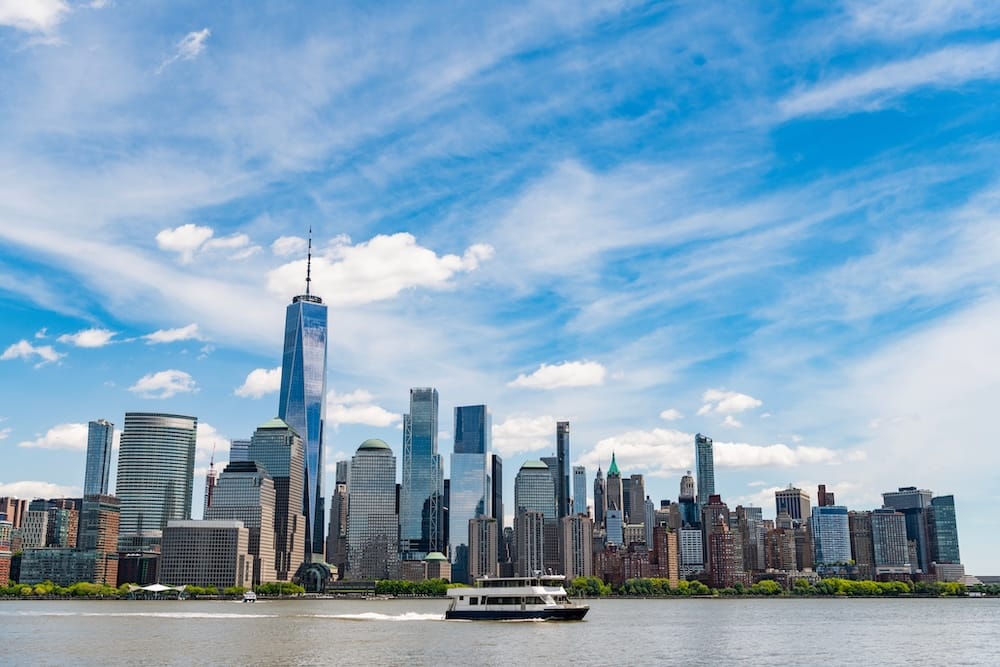

Federal Funding Freeze Shocks New York City Projects
The federal government has taken a bold step by freezing approximately $18 billion in funding for critical infrastructure projects in New York City. This decision, announced on October 1, comes amidst a federal government shutdown after Congress failed to pass a stop-gap spending bill. The move directly impacts major transit initiatives vital to the region's economy and daily commuting needs.
White House Budget Director Russ Vought made the announcement via social media, stating, 'Roughly $18 billion in New York City infrastructure projects have been put on hold to ensure funding is not flowing based on unconstitutional DEI principles.' In a follow-up post, he specified that the freeze affects 'specifically, the Hudson Tunnel Project and the Second Ave Subway.' These projects are among the largest of their kind in the nation, making the funding halt a significant concern for local officials and residents alike.
Reasons Behind the Funding Hold and Administrative Review
The primary reason cited for the funding freeze centers on concerns over diversity, equity, and inclusion (DEI) policies tied to the projects. The Trump administration has expressed a firm stance that such principles may be unconstitutional, prompting a review by the U.S. Department of Transportation (DOT). The DOT later confirmed on social media that the funding is 'under administrative review to determine whether any unconstitutional practices are occurring.'
This action reflects the administration's broader commitment to scrutinizing federal spending for alignment with constitutional standards. The Hudson Tunnel Project, aimed at improving rail connections between New York and New Jersey, and the Second Avenue Subway, a long-awaited expansion of the city's transit system, are now in limbo as the review process unfolds. The timing, coinciding with a government shutdown, adds further complexity to the situation.
Impact on Commuters and Regional Economy
The funding freeze poses immediate challenges for millions of commuters who rely on these infrastructure projects for efficient travel. The Hudson Tunnel, in particular, is critical for maintaining reliable rail service in a heavily trafficked corridor, while the Second Avenue Subway promises to alleviate overcrowding on existing lines. Delays in funding could lead to prolonged disruptions and increased costs down the line.
For the regional economy, the stakes are high as these projects are seen as engines of growth, creating jobs and supporting commerce. The administration's decision underscores a priority to ensure that taxpayer dollars are allocated in a manner consistent with its policy objectives. As the review by the DOT continues, all eyes remain on how this situation will resolve and what it means for the future of infrastructure development in one of America's largest cities.
Dues are $12 per year. Member benefits:
✅ Ad-Free Website Viewing
✅ Advocacy for Republican Seniors
✅ 120+ Senior Discounts
✅ Member Only Newsletters